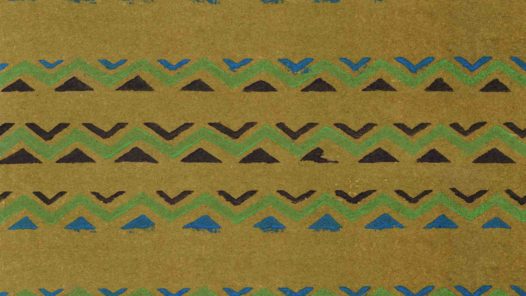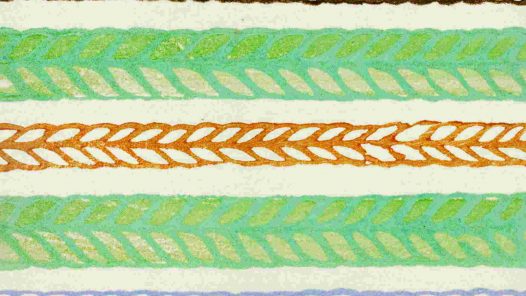fantouche adj. fancy, extravagant, frivolous. Also fantoosh. (source: Double-Tongued Dictionary)
Further reading
Katie in Everett, Washington, is curious about the expression If ifs and ands were pots and pans, there’d be no need for tinkers. What is a tinker? She heard this phrase on the television series The Gilded Age, in response to a character who...
In Scotland and Northern England, something that’s kenspeckle is “conspicuous.” This word likely comes from Scandinavian languages and is related to English ken, meaning “range of knowledge.” And it’s not just ken...





You can also find the word used in “The No. 1 Ladies’ Detective Agency,” where there is a reference to the “fantouche Republic of Bophuthatswana.”
That’s so funny- I’m reading ‘The No. 1 Ladies’ Detective Agency’ right now, and that reference you made is exactly the reason I’m on this site now- looking for the meaning of the word ‘fantouche’! 🙂
Me too! How strange…
And me! Doesn’t it occur anywhere else?
Gösta
It’s July 07 now and I too have just finished “The No. 1 Ladies’ Detective Agency.” Thanks, must be a common Scottish word. Alexander McCall Smith is Scottish.
My first experience of this word(see previous messages) made me think it had a French origin. Fantoche means puppet in french , so the context would seem to imply that the republic of Bophuthatswana was a puppet state “set up by its masters in Pretoria”.(page 209)
Anybody else agree?
I’m here because my shorter OED failed me in this instance!
In the context of the passage in the book (The No.1 …, which I’m thoroughly enjoying) Linda’s suggestion seems to make more sense than the definition above.
However, given that it’s supposedly Mma Ramotswe’s thought, the word (regardless of the definition) just seems to be a bit of cheek on McCall Smith’s part. Good on him.
It is an unusual experience to find myself as a dictionary reference. I reckon Linda Sutherland is correct in thinking it is French but it is rather related to Fr. fantaisie ‘imaginativeness’. So fantoosh would be ‘marvellous, fancy, fun, novel, whimsical, unconventional’. Certain words of French were introduced into Scottish speech in the 16th (?) century. Fantouche can be linked with other fancy novelties such as ashets (Fr. assiette).
The word fantoosh appears in “Midnight’s Children” by Salman Rushdie, seeming to mean “kaput, broken, finished”